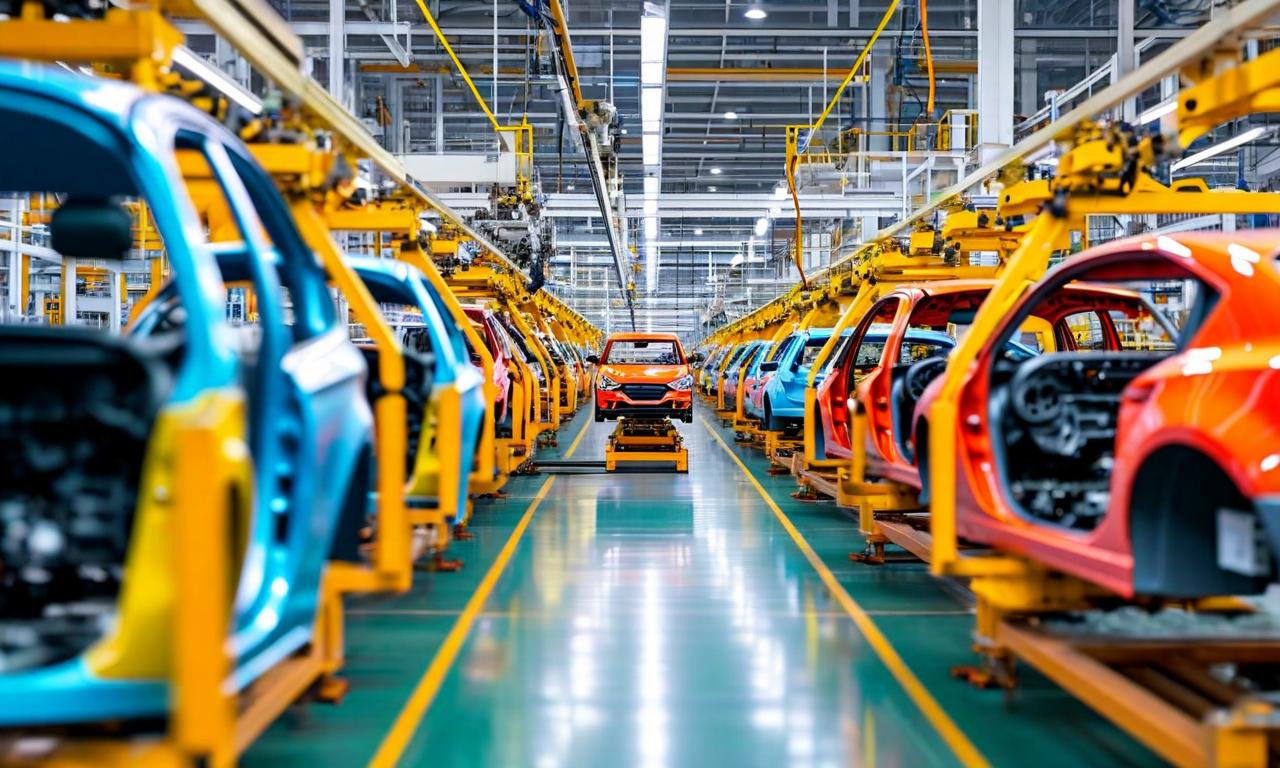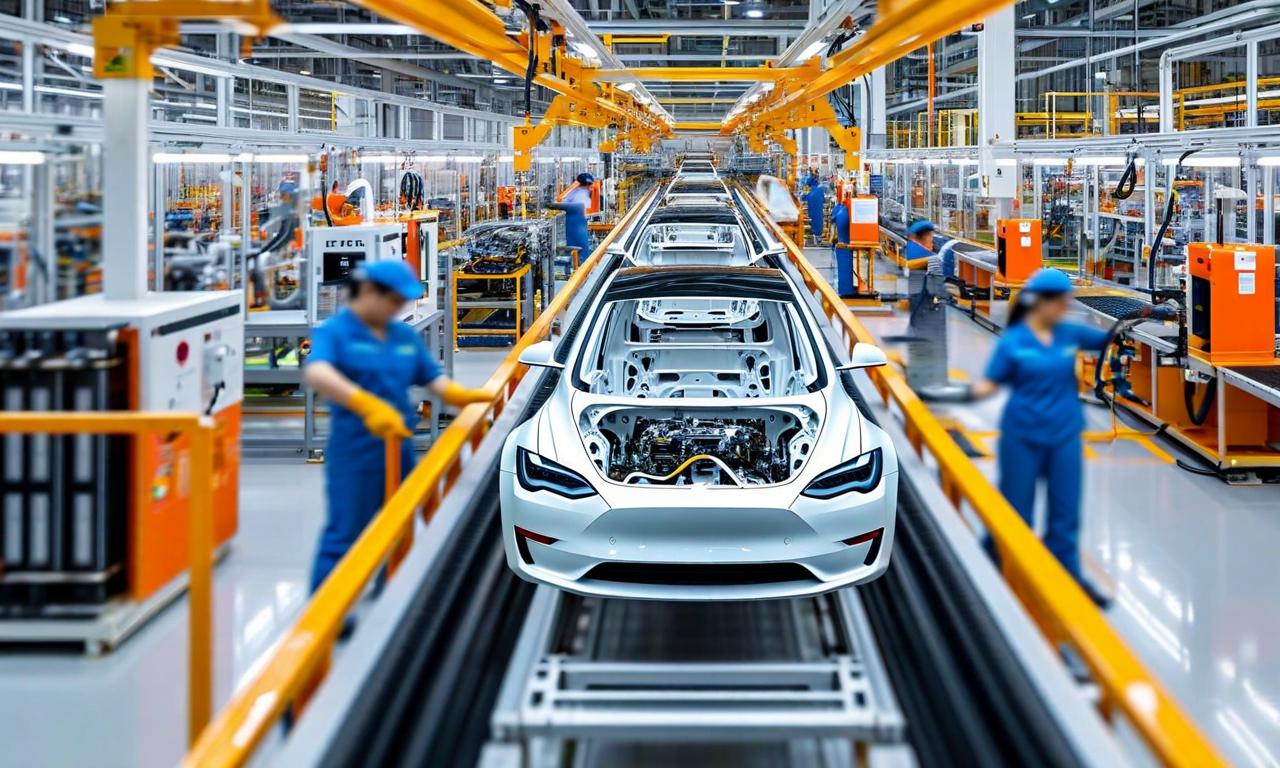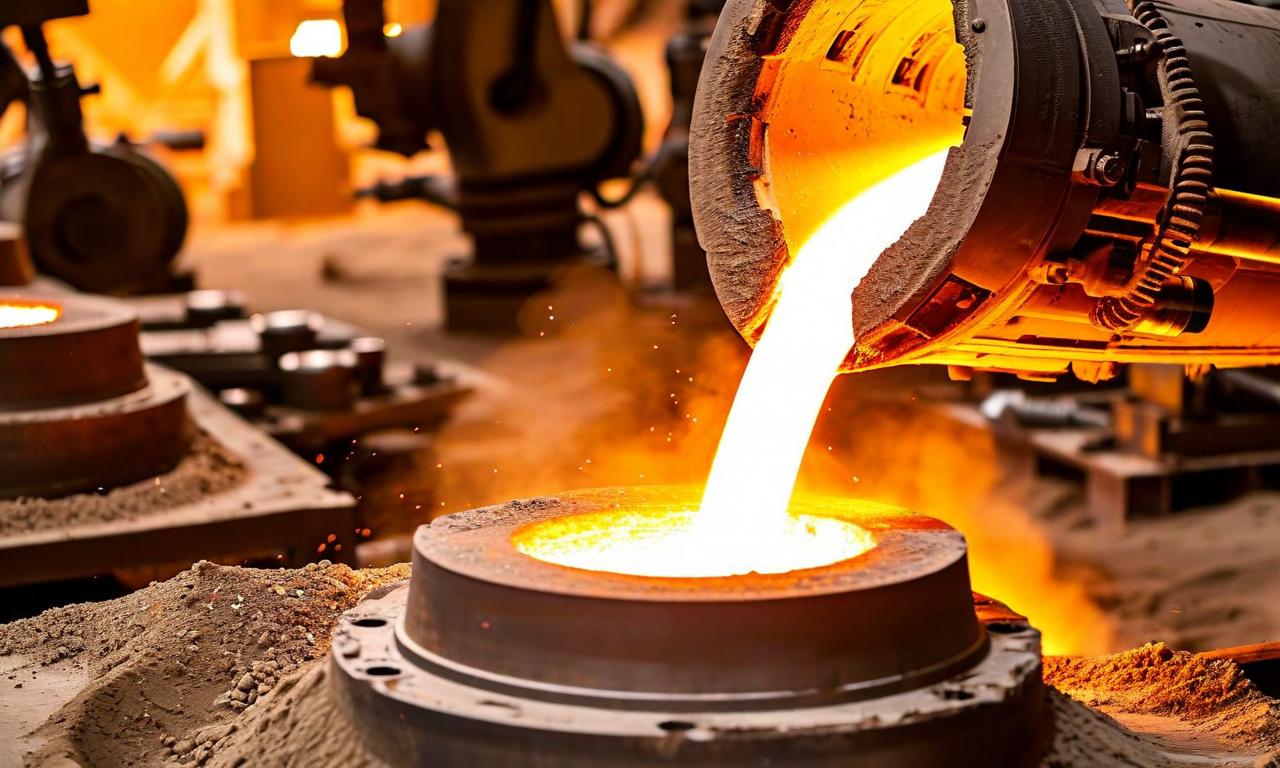Auto Sector Poised for Long-Term Growth Despite Recent Slowdown
Market expert Sandip Sabharwal predicts a positive long-term outlook for the auto sector, despite recent slowdowns in consumption. He recommends accumulating beaten-down consumption stocks, noting strong demand pickup post-GST rate cuts. Sabharwal's portfolio includes Mahindra & Mahindra, Maruti Suzuki, and Bajaj Auto. Ground reports indicate a strong revival in the two-wheeler segment. In auto ancillaries, GST rate cuts are seen as positive for replacement markets, though companies with high US exposure may face tariff issues. Sabharwal remains cautious on housing finance companies and avoids oil marketing companies due to potential risks.

*this image is generated using AI for illustrative purposes only.
Market expert Sandip Sabharwal has provided insights into the auto sector's current state and future prospects, suggesting a positive outlook despite recent challenges. Here's a breakdown of the key points:
Auto Sector Outlook
Sandip Sabharwal believes that the auto sector has entered a long-term growth cycle. This optimistic view comes despite a recent slowdown in the consumption sectors, which he considers to be the worst quarter of bad results.
Consumption Sector Analysis
| Aspect | Details |
|---|---|
| Current Status | Weakness in consumption sectors |
| Expert Recommendation | Accumulate beaten-down consumption stocks |
| Reason for Slowdown | Purchase deferrals due to GST rate cuts |
| Post-GST Cut Scenario | Strong demand pickup reported |
Auto Sector Investments
Sabharwal's portfolio includes key players in the auto industry:
- Mahindra & Mahindra
- Maruti Suzuki
- Bajaj Auto
Two-Wheeler Segment
Ground reports indicate a strong revival in the two-wheeler segment, suggesting a positive trend in this part of the auto sector.
Auto Ancillaries
| Company | Highlight |
|---|---|
| Apollo Tyres | Owned by Sabharwal |
| GST Impact | Rate cut from 28% to 18% positive for replacement markets |
| Caution | Companies with high US exposure may face tariff issues |
Other Sectors
Housing Finance Companies
- Sabharwal remains cautious due to crowded market conditions and potential risky lending practices.
- Stress appears company-specific rather than systemic.
Oil Marketing Companies
- Cheap valuations noted
- Avoided due to potential government intervention risks
Upcoming Corporate Event
Maruti Suzuki India Limited has scheduled an earnings call for Q2 on October 31 at 6:00 p.m. This event will provide further insights into the performance of one of the key players in the Indian auto sector.
In conclusion, while the auto sector has faced recent challenges, expert analysis suggests a positive long-term outlook. Investors and market watchers should keep an eye on upcoming earnings reports and sector-specific developments to make informed decisions.

















































